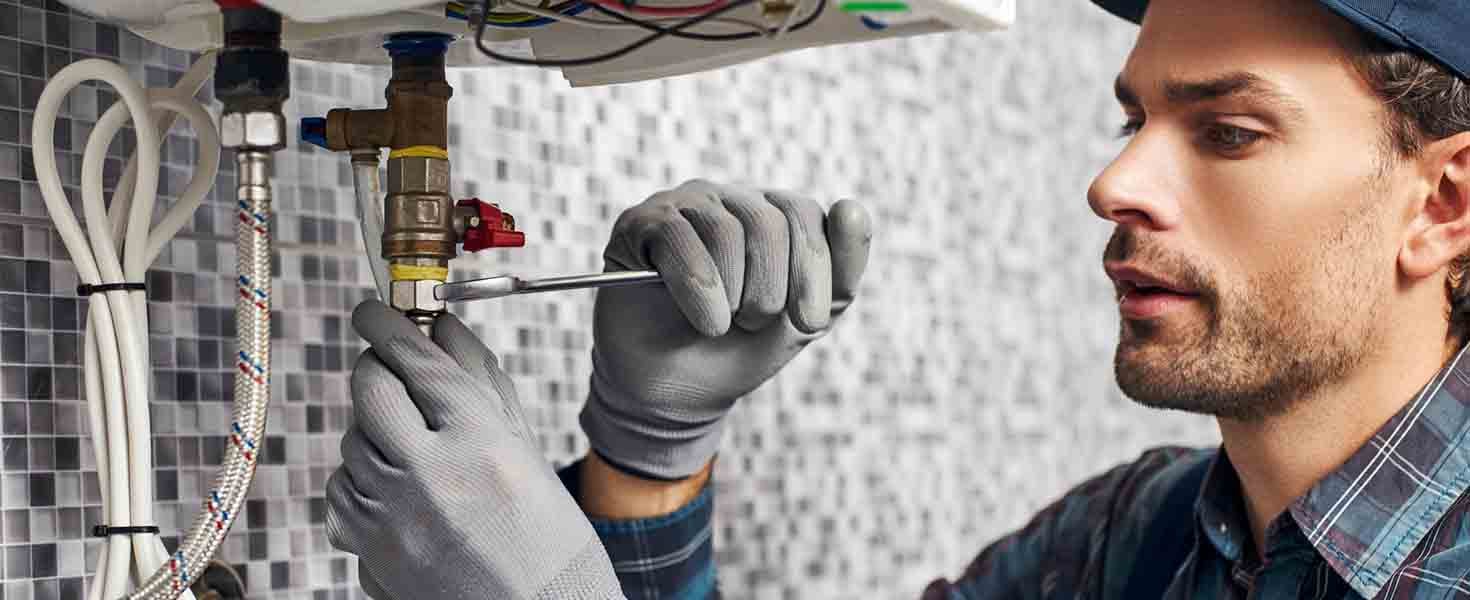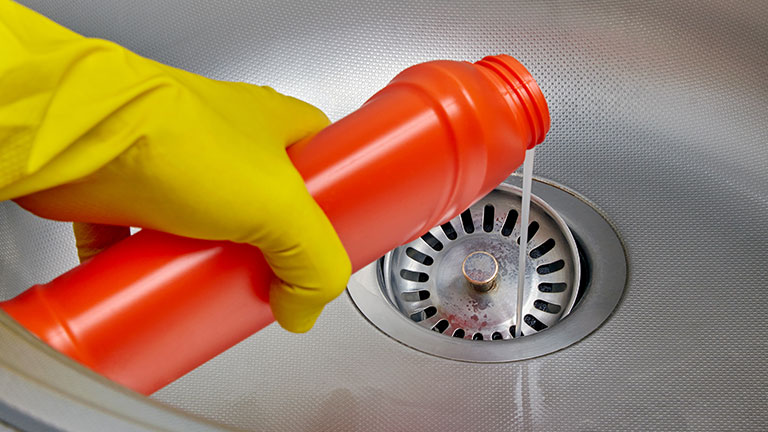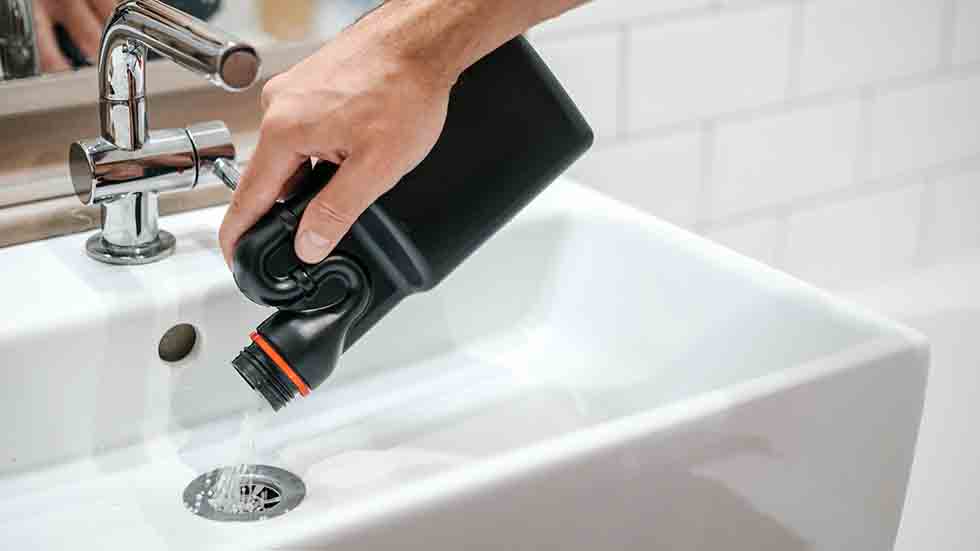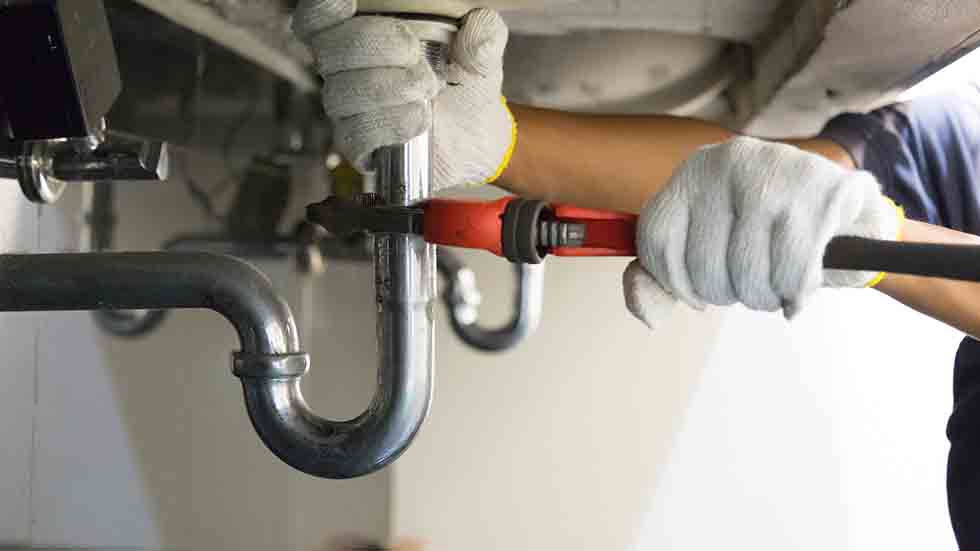5 Costly Plumbing Habits You Need to Break Now
From harsh drain cleaners to garbage disposal misuse, these common mistakes could be wrecking your plumbing—and flushing your money down the drain


Most people have a bad habit, like talking with their mouth full or cracking their knuckles. While some bad habits can be harmless, others can be costly. Plumbing bad habits can cost an average of several hundred dollars per visit or more, increase utility bills, and even lead to thousands of dollar's worth of damage.
Here are a few bad plumbing habits to stop making now, according to the common wisdom of the experts:

Overusing chemical drain cleaners
Chemical drain cleaners may be a quick and easy way to help you with a clogged drain, but they also may weaken your pipes. Over time, weakened pipes can crack, leading to leaks and water damage.
If you have a clog, first try using a plunger or other manual method. Or, instead of relying on chemical cleaners, use biodegradable drain cleaners, which are easier on your pipes. The safest course of action may be to call a professional to clean your pipes properly.
Letting hair go down the drain
Whether you shave in the shower or simply lose hair when you shampoo, hair easily gets caught and can clog your drain and pipes.
While a professional can remove the clog, you can also take action to help prevent the problem in the first place. Purchase a shower hair catcher for your drain, or regularly use a drain snake clog remover.
Treating the garbage disposal like a trash can
A common bad plumbing habit is treating the garbage disposal in your kitchen sink like a trash can. While garbage disposals can be helpful and make cleaning up easier, they aren’t made to handle large leftovers, hot grease, or oil. The food and grease you put down the disposal eventually congeals and can form a blockage inside your pipes.
Other foods you should avoid putting in the disposal are pasta, rice, fibrous foods (such as potato peels, broccoli stems, corn cobs, and asparagus), and coffee grounds. Minimize the food you put into the drain and be sure to rinse down all food with water.

Flushing cleaning wipes
You should never flush baby wipes or other household cleaning wipes. Even wipes labeled as “flushable” could cause problems down the road. These wipes are made of fibers that don’t break down the same way other bathroom tissue does, so they can get stuck in your plumbing and cause blockages.
If many people in the same neighborhood are flushing wipes, they can even cause a blockage in the entire sewage system, which could affect the whole area.

Ignoring plumbing warning signs
It’s easy to ignore a slow drip in your bathroom sink, but that drip can lead to higher water bills and result in even greater pipe damage.
Don’t wait to call a plumber if you notice problems with your pipes, especially if they are getting clogged regularly. Eventually, your pipes could burst, which could leak into your walls and lead to mold and other water damage. While calling a plumber to clean your pipes isn't cheap, it’s much more costly to wait until the problem turns from bad to worse.
Homeowner's insurance policies may cover any unexpected water damage due to a plumbing malfunction or broken pipe, but most exclude damage to your home that occurs gradually, such as a slow, constant leak. Other damage, such as mold, may also be excluded.
If you have a leak or damage, your homeowners’ insurance company will send an insurance adjuster to assess the cause and cost to repair the damage. If your insurance company determines that you reasonably could have prevented a leak, it may deny coverage. So, it pays to be aware of plumbing warning signs, and take care of them immediately.
After all, you have better things to spend your money on—and many plumbing problems are preventable.
